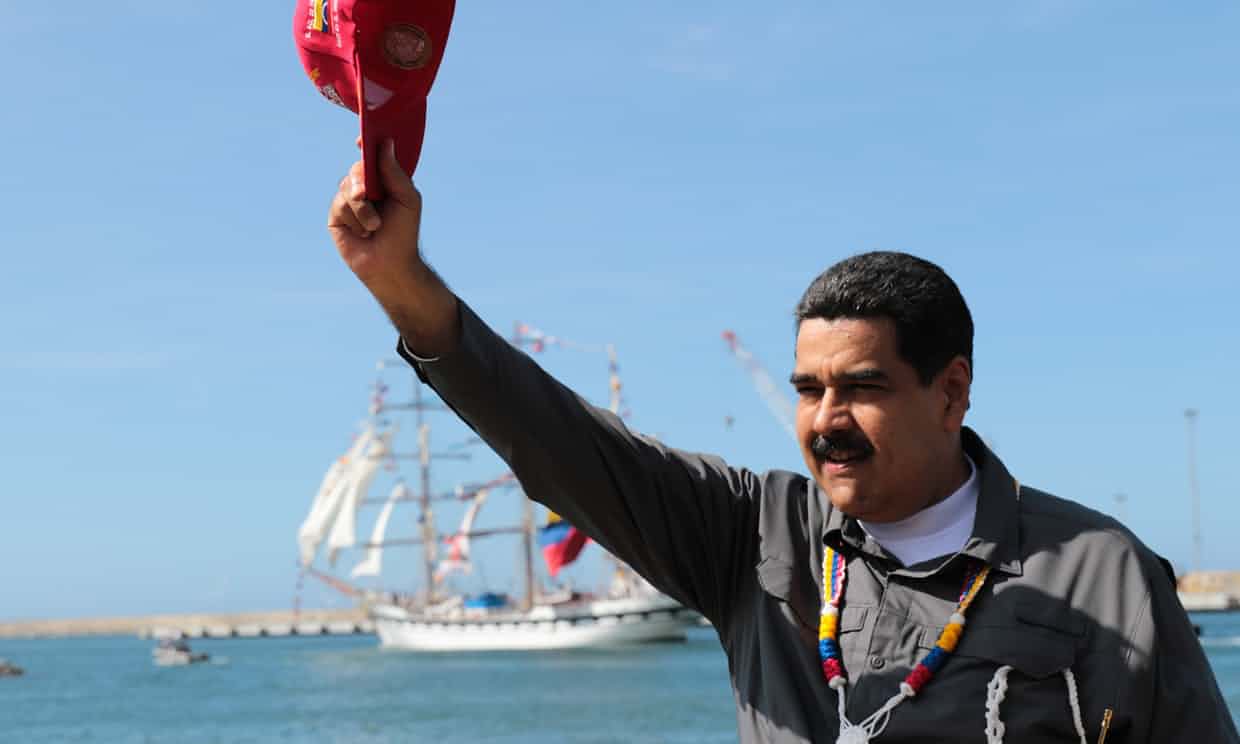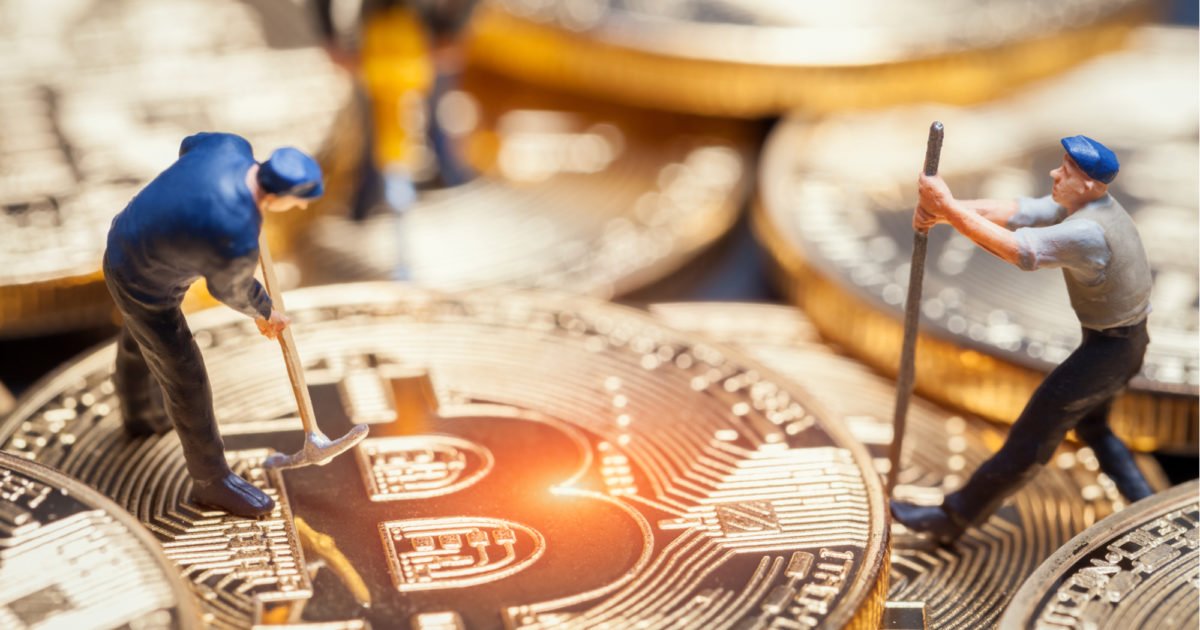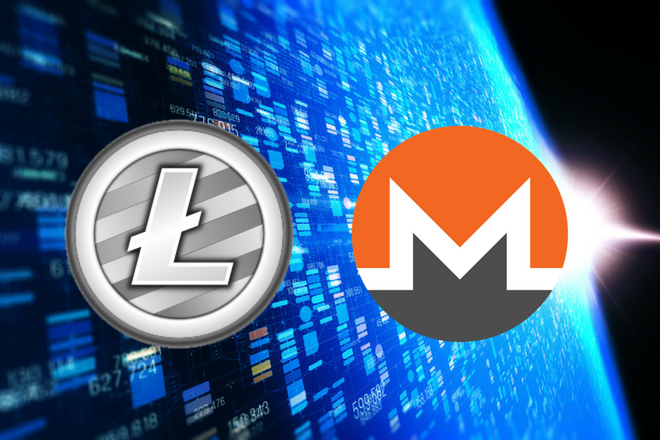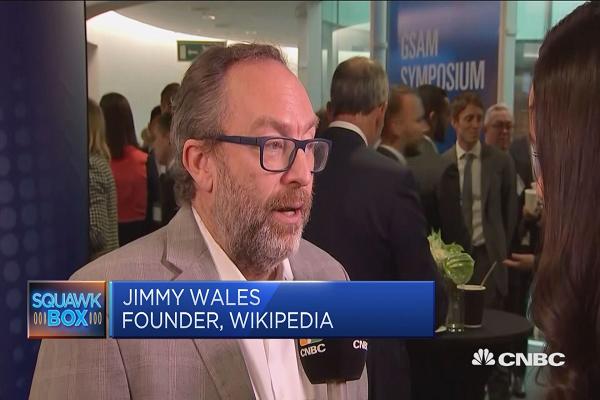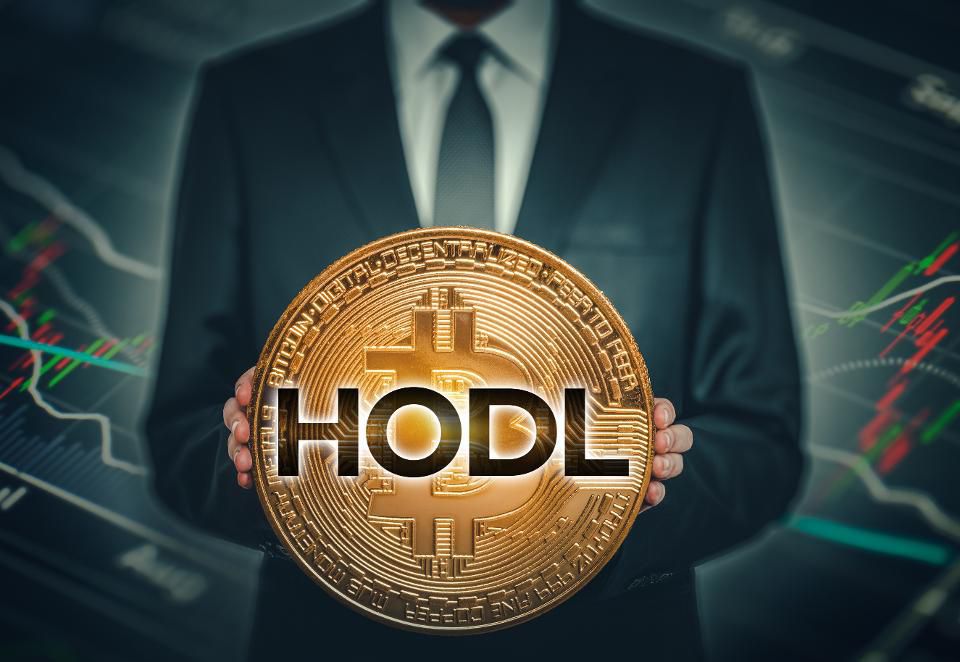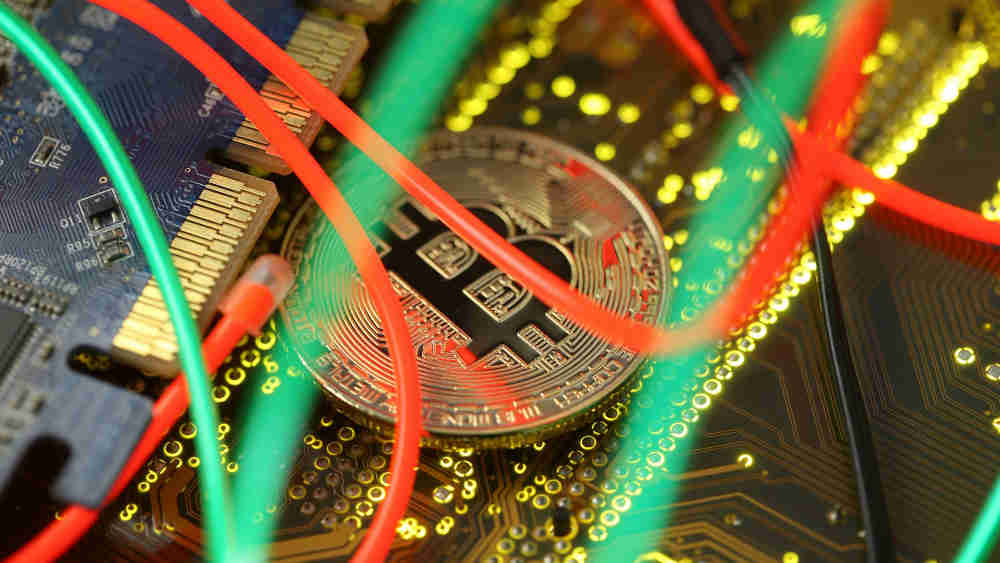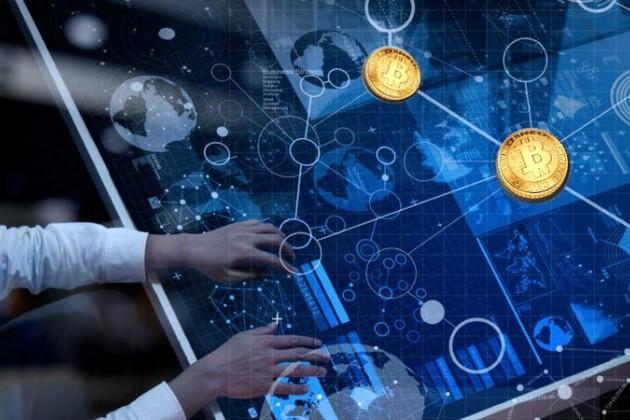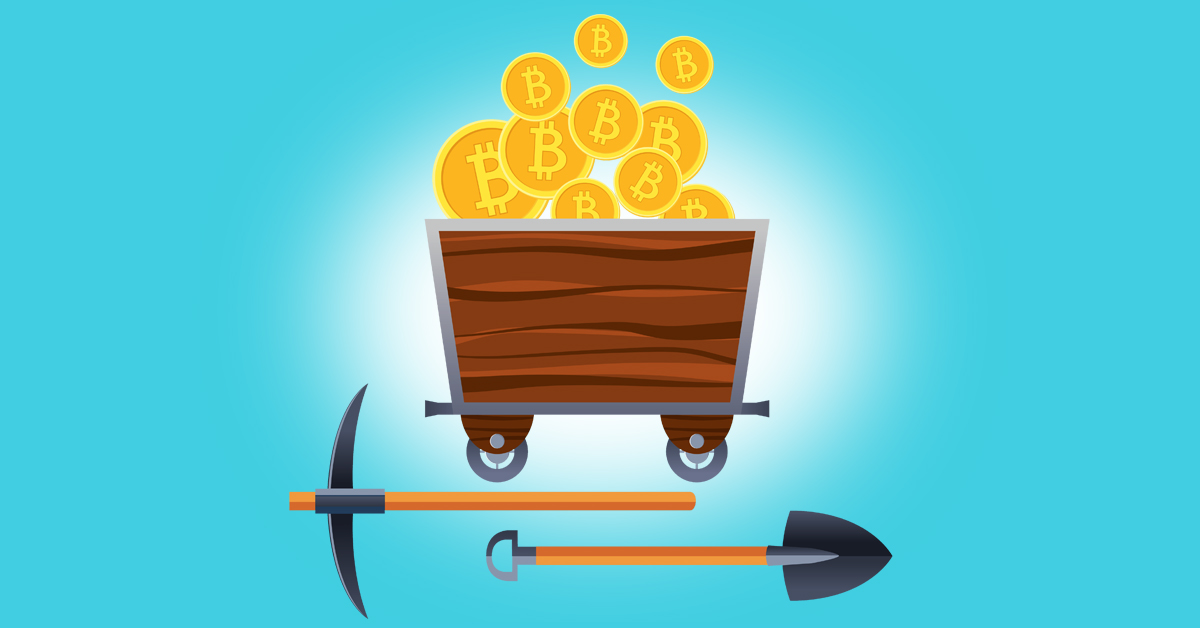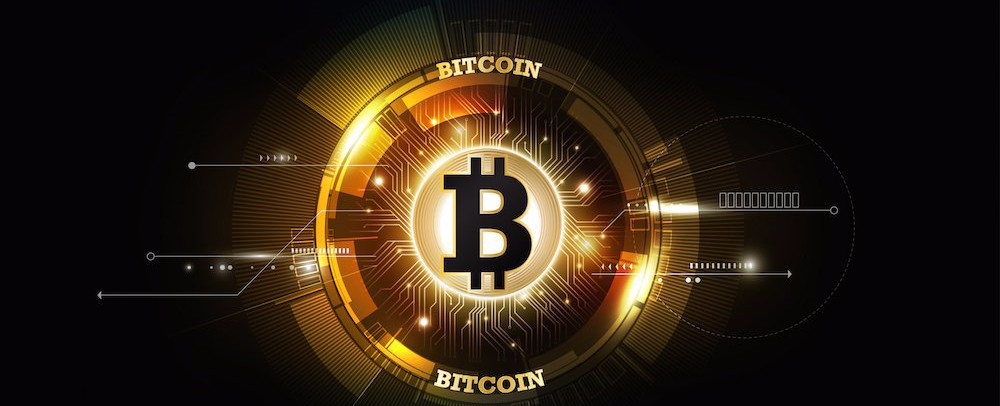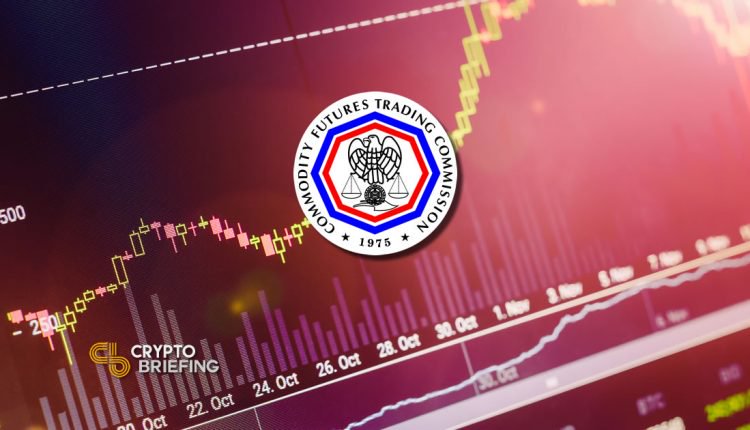Some analysts see the ‘petro’ as a desperate move to secure cash amid an economic meltdown brought about by President Nicolás Maduro’s policies
Is Venezuela’s new cryptocurrency an ingenious plan to evade U.S. sanctions? Or will it turn out to be a South American shitcoin?
That is the question facing Venezuela as it prepares for the pre-sale of its new bitcoin-like digital currency called the petro.
The launch on Tuesday comes amid a deep economic crisis and a crackdown on democratic freedoms that have left President Nicolás Maduro’s socialist government politically isolated and cut off from most international financing.
Maduro claims that each petro token will be backed by one barrel of the oil-rich nation’s petroleum, and claims that about 100 million petro tokens worth some $6bn will be issued.
The petro is designed to raise hard currency and to function as a payment method for foreign suppliers now that most transactions have been stymied by financial sanctions imposed by Washington last year.
But some analysts see the petro as a desperate move to secure cash amid an unprecedented economic meltdown brought about by Maduro’s socialist policies.
Venezuelans are now suffering from widespread food shortages, hyperinflation that could hit 13,000% this year according to the International Monetary Fund, and the collapse of the traditional currency, the bolívar.
Venezuela’s opposition-controlled congress has declared the petro illegal because, under the law, the legislature must approve any government borrowing, a step Maduro has ignored.
The petro “is not a cryptocurrency. This is a forward sale of Venezuelan oil,” lawmaker Jorge Millan complained in a recent speech.
Critics predict that the petro could become what’s known in the trade as a shitcoin – digital currencies that become worthless over time or are considered scams.
Creating stable digital currencies with staying power requires trust and transparency, they contend – qualities that they say are notably absent in the Maduro government.
The petro would be “emitted by a central bank that has generated hyperinflation with the bolívar,” Jean Paul Leidenz, a Caracas economist, told Colombian TV. “Who would give a vote of confidence to a bank that hasn’t even been unable to maintain public confidence in the traditional currency?”
Source/More: Venezuela’s new bitcoin: an ingenious plan or worthless cryptocurrency? | World news | The Guardian

